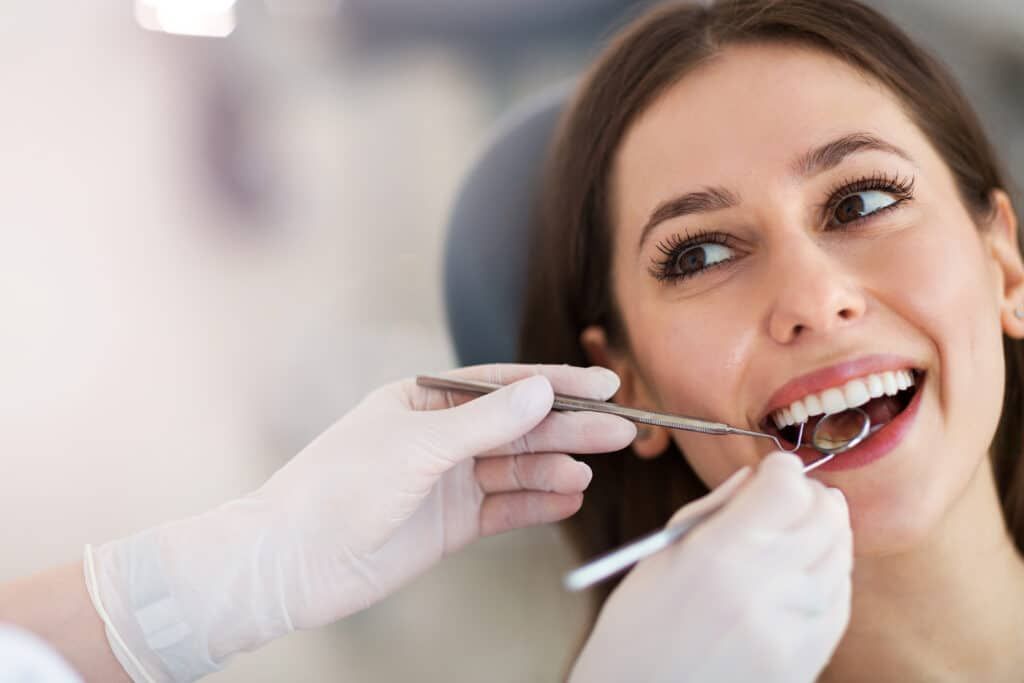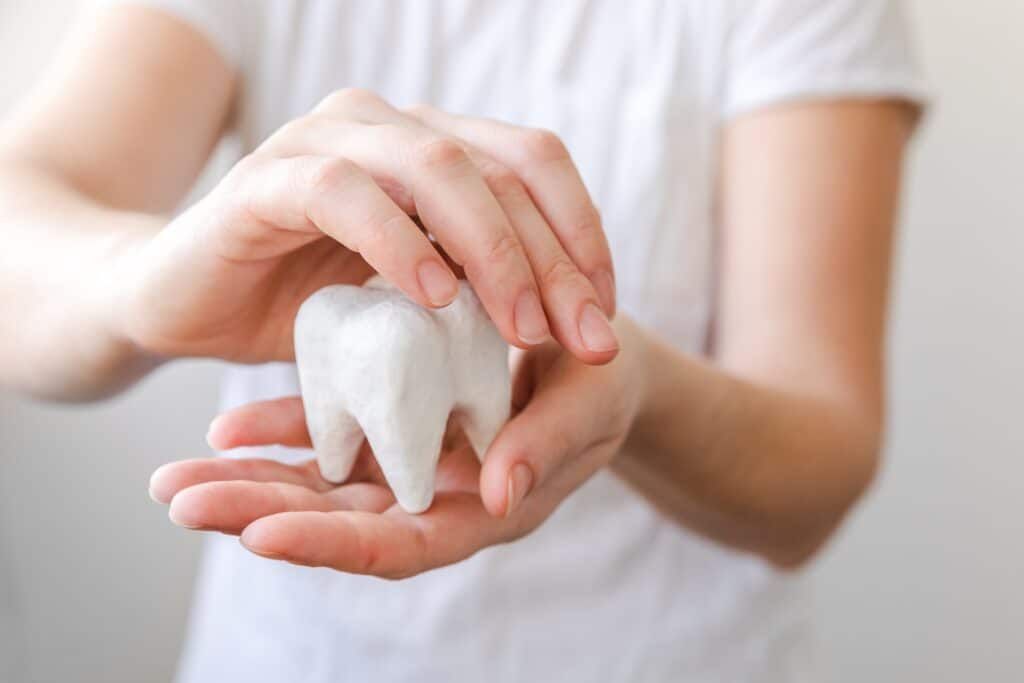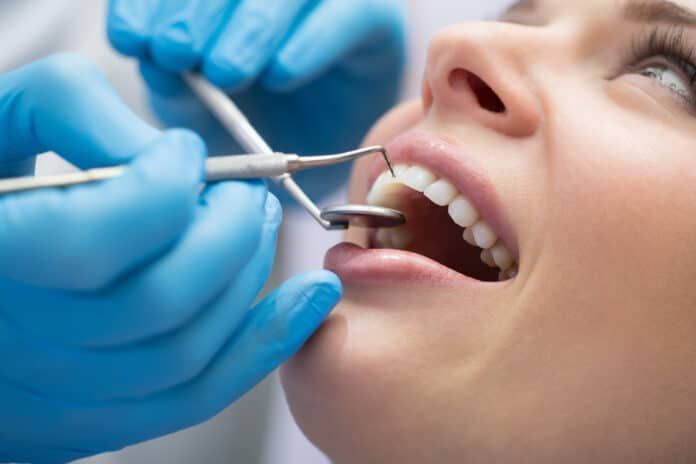Biological dentistry : it's What is it?
In medicine, and particularly in the treatment of teeth and mouth, there are many ways to practice and countless practitioners with techniques more or less approved by the majority. This is the case of biological dentistry, which raises many ethical problems. Cosmetic dentistry also raises many questions on the medical level.
We are going to see the differences as well as the characteristics of these forms of medicine.
What’Is biological dentistry ?
In reality, biological dentistry is only one part of a larger concept. This is holistic medicine. A name that can be frightening, but which has been widely used in France and Europe for decades.
Practitioners in this field believe that’the body should be treated as a whole rather than as a part. We focus more on the impact of each material and product used with a more global approach to oral care.
Similar to traditional Asian medicine, it takes into account the complete use of the human body to promote dental care. It should also be noted that this technique is not approved by all dentists in the profession who still have doubts about the effectiveness, but especially the safety of this care.
Holistic general practitioners often work with biological dentists on referral. The two methods complement each other perfectly and are also both subject to strong criticism.
The main characteristic of biological dentistry is the pure and simple rejection of the use of mercury in oral care. In fact, the dentists concerned often replace fillings made with mercury with more natural ones. The tools and instruments of consultation are also treated with non-chemical products since fluoride and other chemical solutions are proscribed in this medicine.

What is the difference between biological, cosmetic and traditional dentistry? ?
Over the past few decades, restorative materials and techniques have improved dramatically for the benefit of cosmetic dentistry. Today’Today, there is a wide range of CBD oil available’options for correcting aesthetic defects in human teeth. Dentists s’Biologists strive to provide their patients with the latest technologies that improve the appearance of their teeth’The need to improve the aesthetic appearance of teeth and the longevity of restorations while finding ways to survive financially in a highly competitive market.
However, it is important to understand that traditional dentistry, which is above all a health profession, partly rejects the benefits of cosmetic and biological dentistry. Indeed, they consider these two forms of medicine as a dangerous by-product for clients at the expense of true oral health care. The offers are multiplying greatly and attracting more and more followers despite the warnings of traditional medicine.
For an inflammation of the jawbone, also called nico, organic dentists offer many treatments.
As mentioned above, there are many questions and warnings in the scientific community about biological dentistry. Organic dentists tend to remove healthy teeth and start over if mercury or fillings are used. It is a method that is highly criticized by ordinary dentists who consider this practice even dangerous for the patient.
Those who resist holistic dentistry fear that if a patient visits a biological dentist, he or she may refuse conventional treatment and therefore be in danger of losing their health.

How much does this type of dentistry cost ?
Cosmetic dentistry remains a very expensive form of treatment, generally reserved for more affluent clients. Indeed, the less affluent social classes cannot afford to perform most aesthetic operations other than a simple teeth whitening from time to time. It costs no less than 2,000 euros on average to have a dental implant in France.
Many companies now offer these "treatments" much cheaper, especially in Eastern countries.
Oil is not the same as CBD oil’a consultation with a traditional dentist licensed by the’State is covered by your health insurance. Special fees’The following costs apply for dental care, dental prostheses and dental treatments’orthodontics. It all depends on your dental insurance and the type of treatment you have.
You now have all the information you need to question these different methods of dental care and the need to call on a specialist before performing any irreversible operation.
